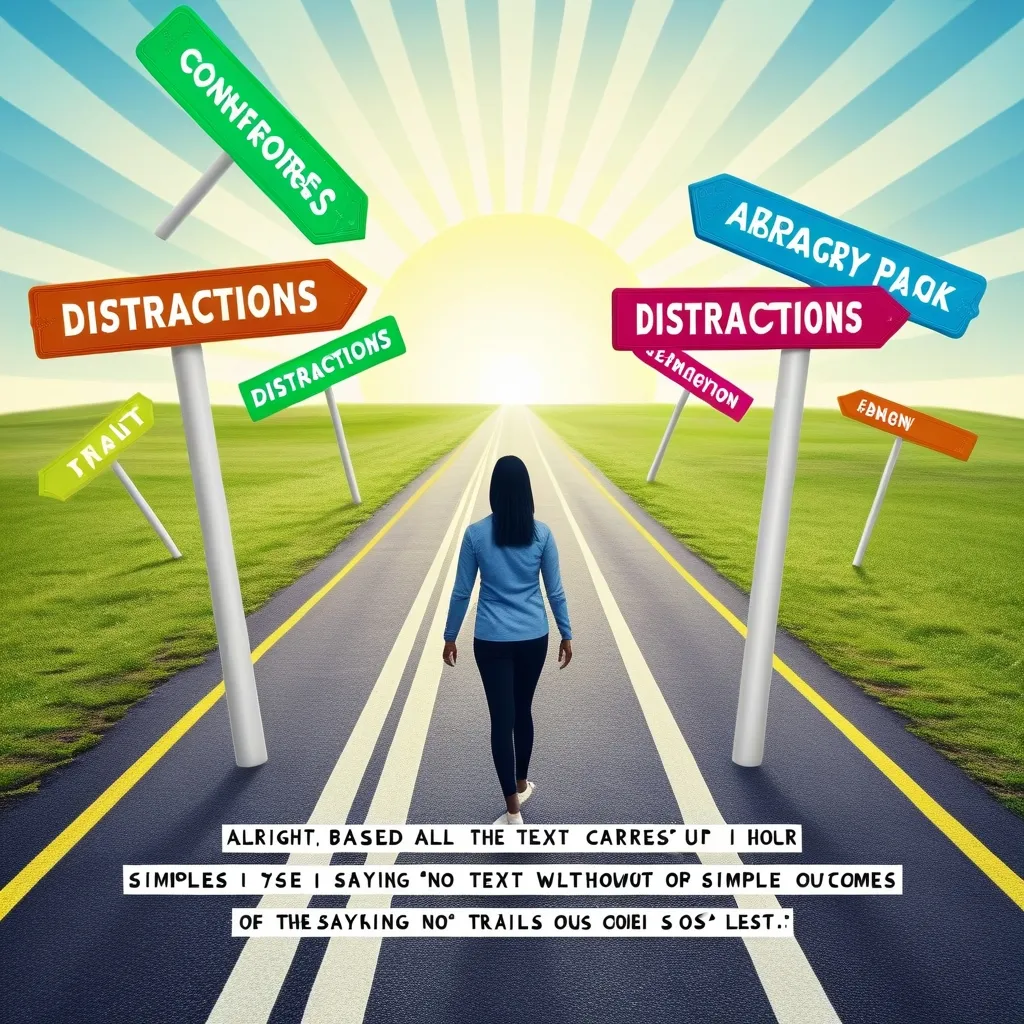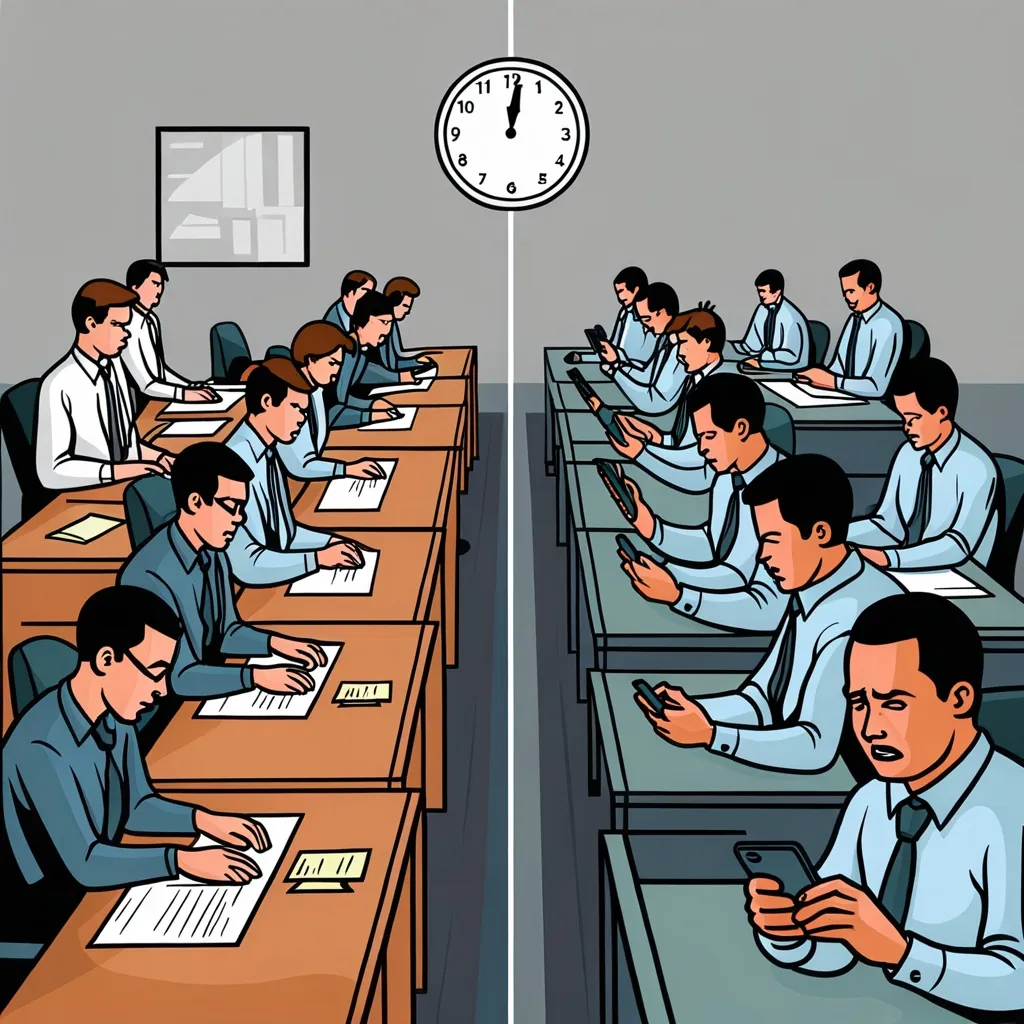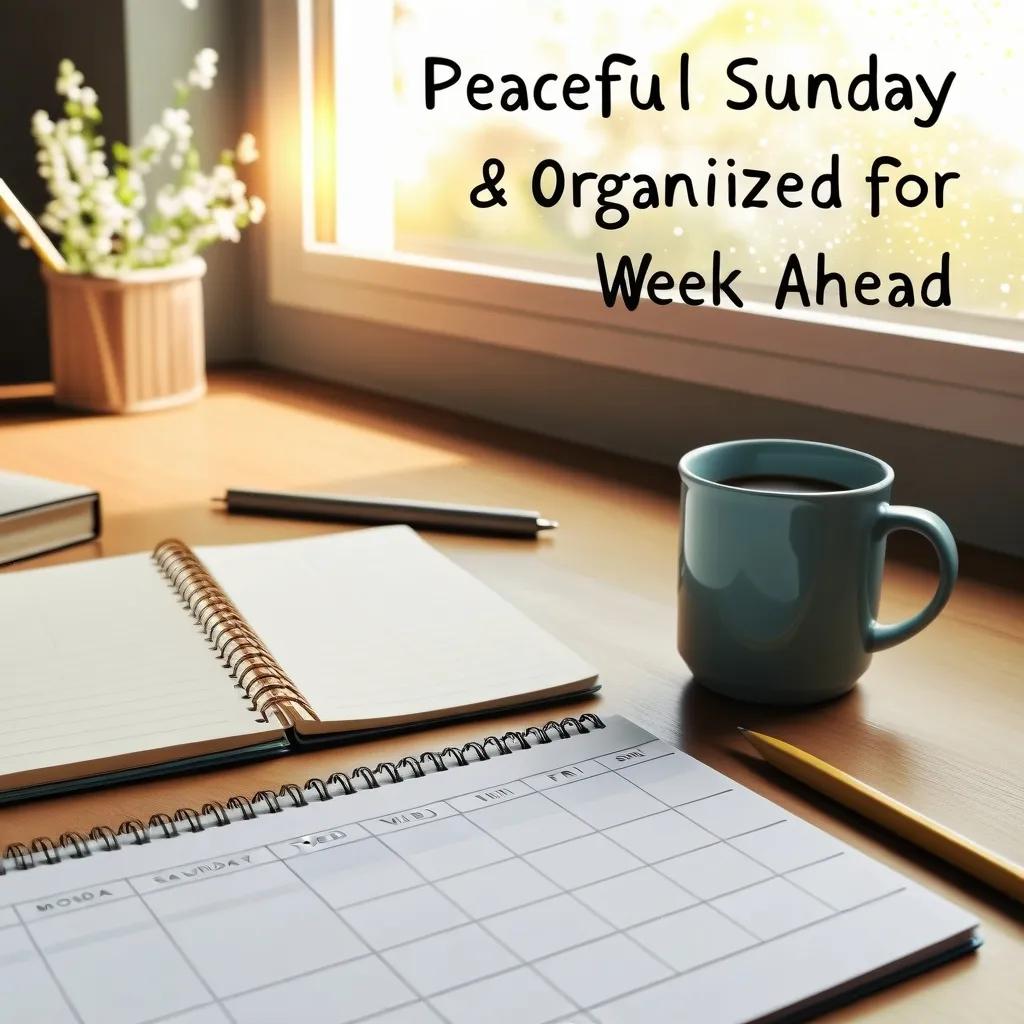In today’s world, productivity and accomplishment often get put on a pedestal. It’s easy to find yourself caught up in the hustle, trying to take on more than you can handle. But here’s the truth: learning to say “no” is one of the most powerful moves you can make to protect your sanity and your schedule.
Think of setting boundaries like managing a bank account. Just as you wouldn’t spend cash on every little thing that catches your eye, you shouldn’t scatter your time on every request that comes your way. It’s about being smart with your resources. When you prioritize the stuff that aligns with your values and goals, you’re making a strategic investment in yourself.
Many of us might shudder at the thought of saying “no.” We don’t want to come off as rude or unhelpful. But you know what? It’s possible to turn down requests without sounding like a jerk. Saying “no” is all about being honest and clear about where your priorities lie. If somebody wants you to take on another project, try something like, “Hey, I’d love to help, but I’m swamped with my current load. I need to focus on knocking those out of the park.” Easy, right?
Mastering the art of saying “no” isn’t rocket science. A polite but firm “I really appreciate the offer, but I need to stick to my existing tasks,” or a straightforward “I’m totally swamped with project X, Y, and Z. I can’t take on anything new right now,” can do wonders. And if you want to keep the possibility open, “I’m not available at the moment, but let me know about future opportunities,” works like a charm.
Now, here’s a plot twist: saying “no” is like hitting a jackpot of benefits. Your work-life balance becomes a lot easier to manage, your stress levels go down, and you get to be way more productive. Think of it as creating space to zero in on the tasks that actually matter to you.
Overcommitting is a one-way ticket to burnout, affecting not just your work life but also your mental and physical health. By slashing unnecessary obligations, you’re essentially taking a proactive step toward looking after yourself. And really, who can argue with a strategy that helps you avoid turning into a stressed, frazzled mess?
Interestingly, saying “no” can also improve your relationships. Letting people know your limits in a respectful way can lead to more genuine connections. When you’re upfront about what you can and can’t handle, people tend to respect you for your honesty. It shows them that you value your time and energy and that you’re not willing to compromise what’s important to you.
Healthy relationships revolve around mutual respect and understanding. When you make it clear what others can expect from you, it paves the way for a deeper bond. It’s about creating an atmosphere where everyone knows the score, and nobody feels let down by unkept promises.
Saying “no” isn’t a one-size-fits-all solution though. The way you frame your refusal might change depending on the context—say, work versus personal life. In a professional setting, it’s key to be mindful of company culture while also being honest. A tactful response could be something like, “Thanks for thinking of me, but I have to prioritize my current tasks. Let’s brainstorm other ways this can be handled.”
In personal interactions, honesty goes a long way. A little gratitude can soften the blow: “Thanks for the invite, but I need some downtime. Let’s hang out another time.” It helps keep things friendly and ensures there are no hard feelings.
Building assertiveness is another crucial part of learning to say “no.” It’s all about communicating your availability and workload in a transparent manner. Being assertive doesn’t mean being rude; it just means being clear and respectful about your boundaries.
You don’t have to dive into the deep end to practice. Start small, perhaps with low-stakes scenarios. Gradually work your way up to more significant requests. Remember, saying “no” isn’t about throwing up barriers; it’s about clearly setting boundaries.
On a leadership level, creating a culture where “no” isn’t a dirty word can make a world of difference. If you’re a manager, showing respect for employees’ limits can foster an environment of open communication. When leaders themselves set an example by saying “no” effectively, it naturally encourages the whole team to respect boundaries, leading to a more balanced and productive workplace.
Your personal growth journey can seriously benefit from mastering this skill. Standing firm on your values and learning to negotiate effectively can build your confidence and make you more effective at work. Think of it as a form of self-development that brings multiple rewards.
By saying “no,” you’re not just protecting your time; you’re investing in your own well-being and professional growth. It’s an art form that promotes efficiency and respects personal boundaries—a win-win all around.
In conclusion, saying “no” isn’t just a word—it’s a powerful tool in your arsenal for managing time and energy. It helps you reduce stress, protect your well-being, and focus on what really matters to you. So next time a request comes your way that doesn’t fit your goals or values, don’t be afraid to say “no.” Your future self will thank you.






